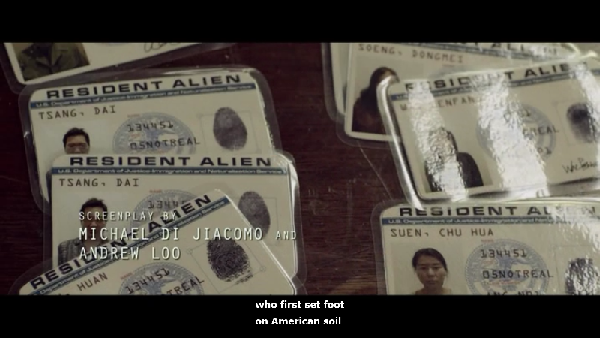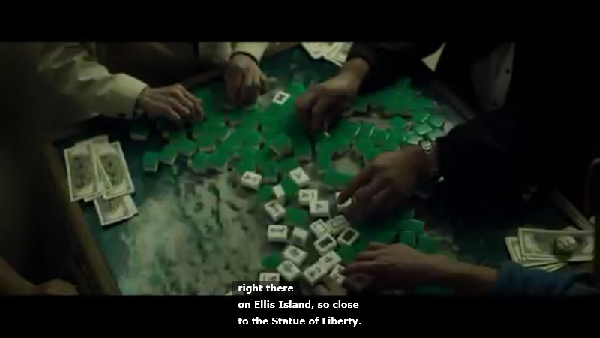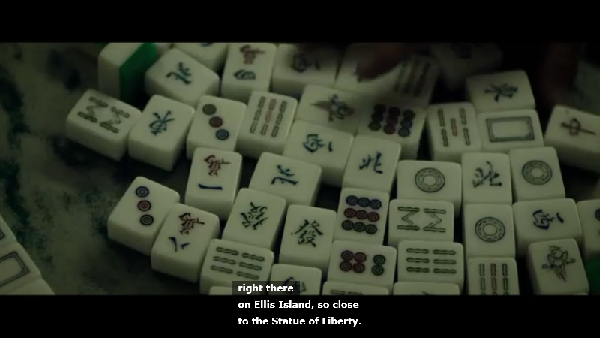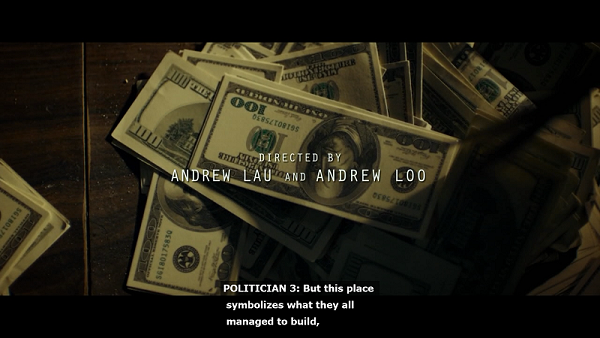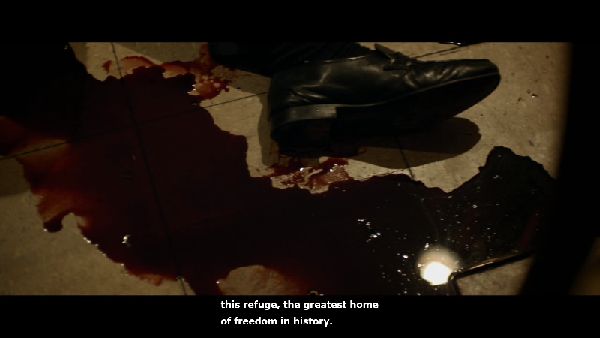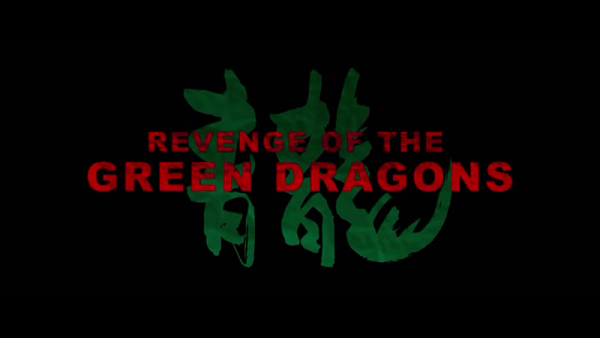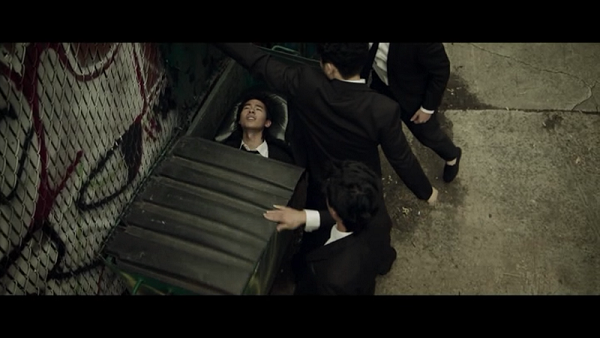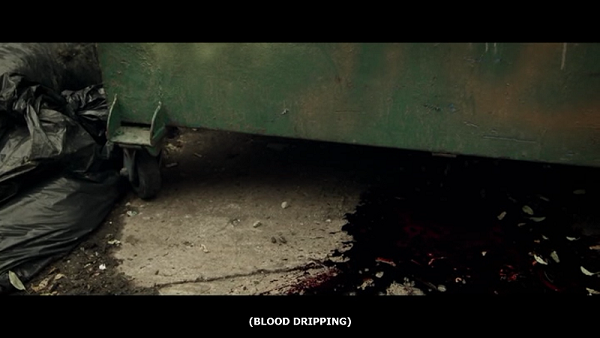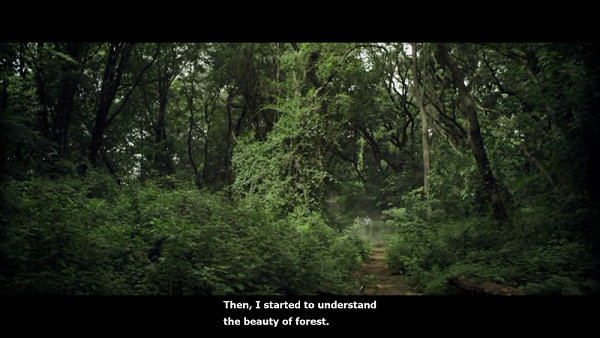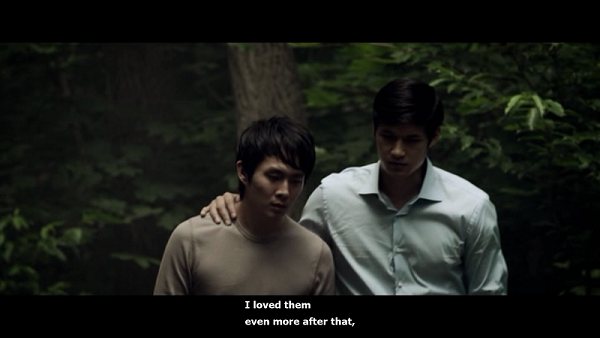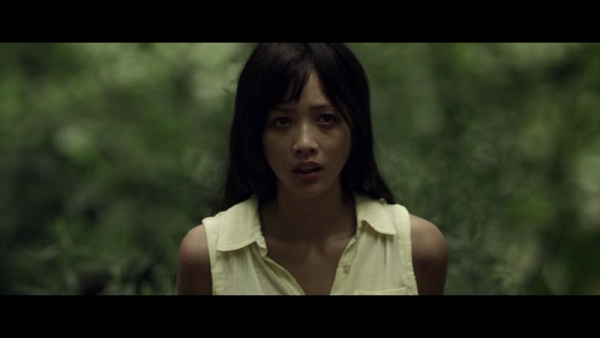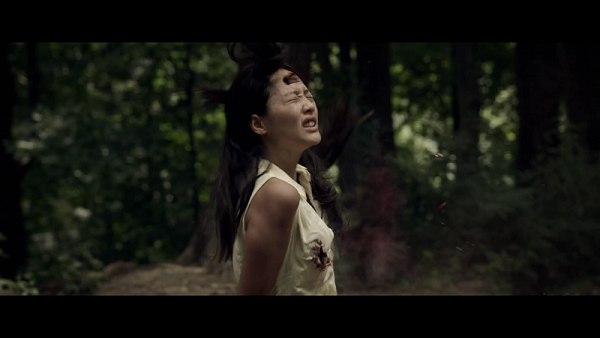An amazing parallelogram of a paragraph
Sunday, May 31st, 2015[ by Charles Cameron — or if not, a single sentence paragraph about politics that Levi-Strauss would have loved to diagram, plus Yikes ]
.
Orin Kerr, writing in WaPo today for the Volokh Conspiracy, in a piece titled If I understand the history correctly… wrote:
If I understand the history correctly, in the late 1990s, the President was impeached for lying about a sexual affair by a House of Representatives led by a man who was also then hiding a sexual affair, who was supposed to be replaced by another Congressman who stepped down when forced to reveal that he too was having a sexual affair, which led to the election of a new Speaker of the House who now has been indicted for lying about payments covering up his sexual contact with a boy.
Yikes.
**
I’ve provided the full text of the piece so you’ll get the links Prof. Kerr included.
What interests me here, though, is the elegant concision of the piece, with its four parallels and various antitheses or oppositions.
Consider:
It begins with a frame:
If I understand the history correctly,
It then offers its prime example of an errant politician:
in the late 1990s, the President was impeached for lying about a sexual affair
followed by its reversal, as the antagonist takes on the protagonist’s role:
by a House of Representatives led by a man who was also then hiding a sexual affair
followed by a third exemplar of political purity, his ascent to power aborted under parallel circumstances:
who was supposed to be replaced by another Congressman who stepped down when forced to reveal that he too was having a sexual affair,
and a fourth, parallel both by succession and similarity of (alleged) conduct:
which led to the election of a new Speaker of the House who now has been indicted for lying about payments covering up his sexual contact with a boy.
— with the frame closing on the one-word paragraph:
Yikes.
**
Between the careful formality of “If I understand the history correctly” and the squeal of “Yikes” we see the distance this recital of, yes, historical events has taken our good professor: from mind to emotion, observation to morality, head to heart.
Bravo!
And the (non-partisan) moral of this story is?
